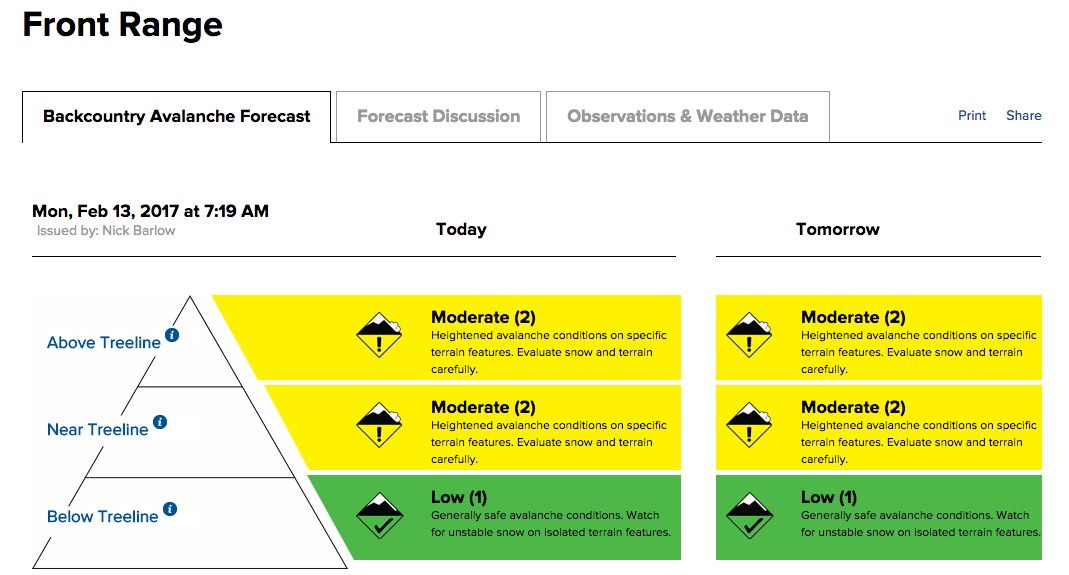Avalanches: How common are they, and how do you prepare against them?
Latest tragedy in Tignes highlights the risks

Following the fatal avalanche in the French Alpine resort of Tignes, in which at least four people have died, the Foreign Office has issued an emergency number: "If you’re concerned about family members, you can call the local town hall on +33 4 79 40 09 91 for information (English available)."
The latest FCO bulletin adds: "If you’re in the area, you should follow the advice of the local authorities."
The Monday morning forecast for Tignes from the Ski Club of Great Britain looked benign: “A dusting of new snow. Temperatures will be below freezing (max -2°C on Wed morning, min -5°C on Mon afternoon). Wind will be generally light.”
But the avalanche warning level from MeteoAlarm, the Europe-wide warning site for extreme weather, was yellow, meaning: “The weather is potentially dangerous … be attentive if you intend to practice activities exposed to meteorological risks.”
In an average winter, around 25-30 people die in France because of avalanches, with February usually the peak month for fatalities.
Typically the victims are skiing or snowboarding off-piste, or ski touring — participating in back-country expeditions that include climbing as well as descending.
The Foreign Office warns British skiers in France: “Check weather forecasts and conditions and make sure you’re properly equipped. Don’t undertake any activity alone, and consider hiring a guide for expert advice.
“Observe all warnings regarding avalanches and where appropriate consider carrying avalanche search equipment.”
Avalanche airbags, typically costing £600 or more, can improve the chances of survival. Off-piste skiers and snowboarders, and ski tourists, are also recommended to carry an avalanche transceiver, which should be switched on whenever they are skiing. The devices cost around £150.
The most dangerous version of the phenomenon is a “slab avalanche”, in which a plate of snow about one to three feet deep slides rapidly down the mountain, accelerating to around 80mph.
The US National Avalanche Center in Idaho says: “The rapid addition of the weight of a person can easily initiate the fracture on a slope that would not have avalanched otherwise. A slope can lay in waiting like a giant booby trap — just waiting for the right person to come along.”
It publishes an Avalanche Danger Scale, which skiers and snowboarders can access for individual resorts.
Last month a hotel in central Italy was buried by a massive avalanche triggered by an earthquake.
Writing in The Independent, Stephen Wood advises: “For anyone caught in an avalanche, the key survival techniques are to stay near the surface with ‘swimming’ movements, avoid inhaling snow and try to create a breathing space before the slide comes to rest - at which point the snow can set like cement.”
Join our commenting forum
Join thought-provoking conversations, follow other Independent readers and see their replies
Comments
Bookmark popover
Removed from bookmarks